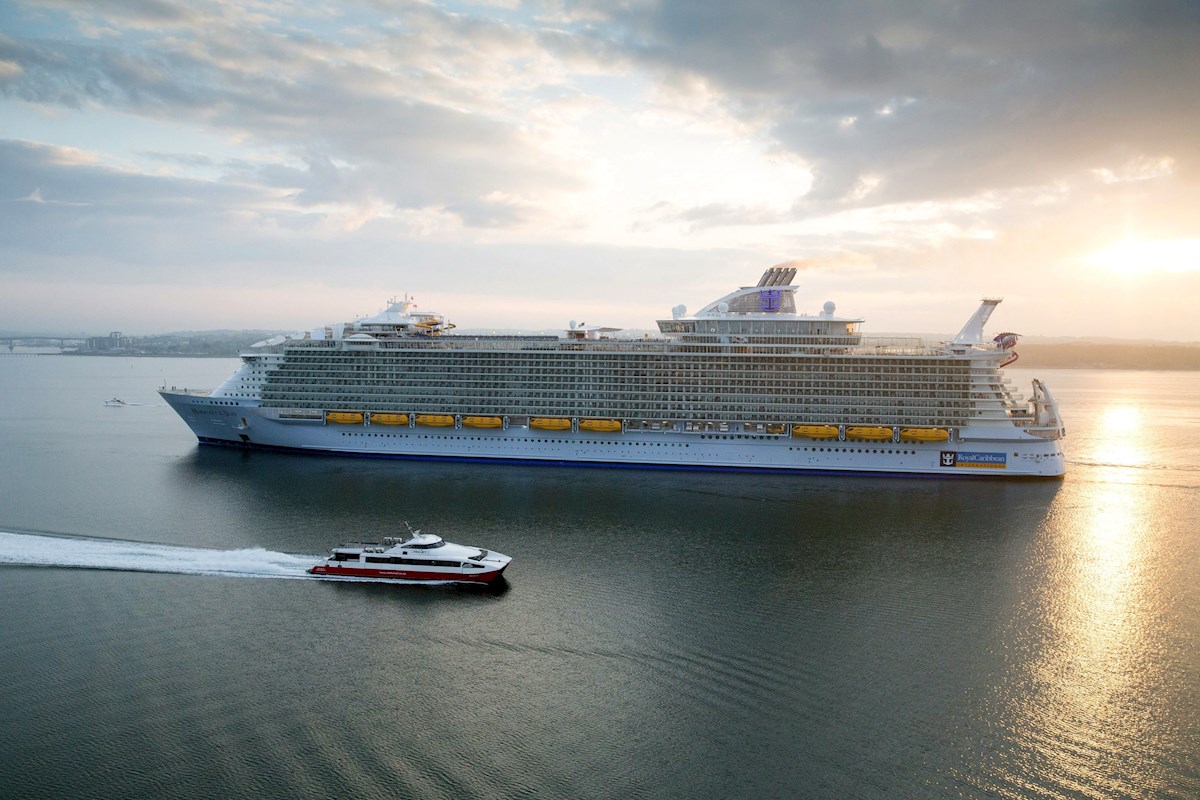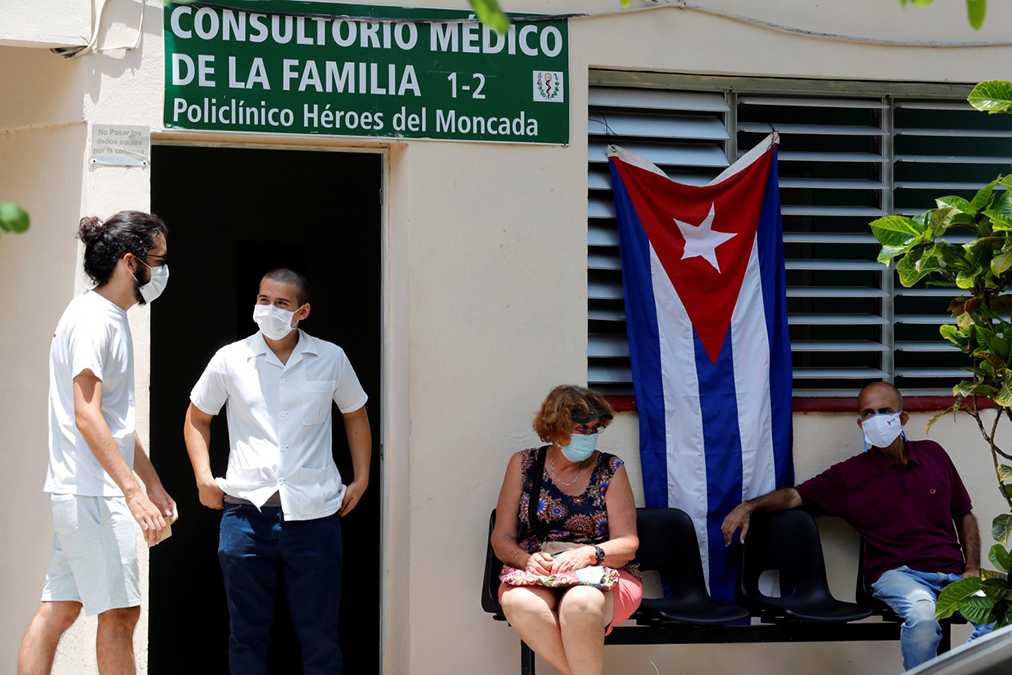
Miami, Oct 1 (efe-epa).- The Centers for Disease Control and Prevention (CDC) on Thursday extended until Oct. 31 the “no sail” order to cruise companies due to the coronavirus pandemic, an order that bans cruise ships from US ports and expired the day before, US media outlets reported.
The order issued in March will remain in force because the recent outbreaks of Covid-19 on cruise ships abroad provide current “evidence” that cruise ship travel “continues to transmit and amplify the spread” of the virus,” the CDC said in a news release.
The agency said that cruise ship travel and arrivals would probably spread the virus into US communities if cruise passenger operations resume prematurely in this country.
The CDC calculates that up through Sept. 29 at least 3,689 cases “similar to Covid-19” have been detected on cruise ships in US waters, and at least 41 deaths have been reported, although it acknowledged that these figures are probably “incomplete” and underestimate the true situation.
The institution emphasized the outbreaks registered on cruise ships that set sail from abroad, despite the fact that the cruise ship operators are taking extensive health and safety measures to prevent the transmission of the SARS-CoV-2 virus on board the cruise ships and thus the subsequent potential spread into countries and sites where passengers disembark.
The federal agency said that passengers and crew share crowded spaces on board the ships and the data shows that even when only the “essential” crewmembers are on board the virus still spreads there.
The order, which since March has been extended several times and applies to cruise operations serving at least 250 passengers in waters under US jurisdiction, is bad news for the cruise industry.
This week, several sector workers went to the Port of Miami, where many of the largest cruise corporations have their headquarters, carrying signs saying “Save our salaries” and expressing the sentiment that no cruises means no work for them.
The cruise industry is an “important economic engine in Florida, as in other US and international markets,” Roger Frizzel, the communications director of Carnival Corp., one of the Miami-based sector companies, told EFE.
Federal Maritime Commission chief Louis E. Sola alluded to a report by the Cruise Lines International Association (CLIA) that estimated that between the end of March and June the industry had sustained direct losses of $1.57 billion, 27,893 jobs and $1.45 billion in salaries.
Another study estimates that Florida, which has six ports, five of which are ports of origin for cruises, will lose 4.9 million passengers this year.
The FMC emphasized that in Florida, the economic engine of which is tourism, the damage done by six months of cruise industry paralysis translates into $22 billion in lost revenue and 169,000 jobs.
Sola also said that the state would lose $775 million this year after an analysis incorporating information provided from Florida ports.
The CDC said that the order will remain in force until Oct. 31, until the US Department of Health and Human Services rescinds the public health emergency declaration it issued regarding the Covid-19 pandemic or until the agency’s director cancels it.






